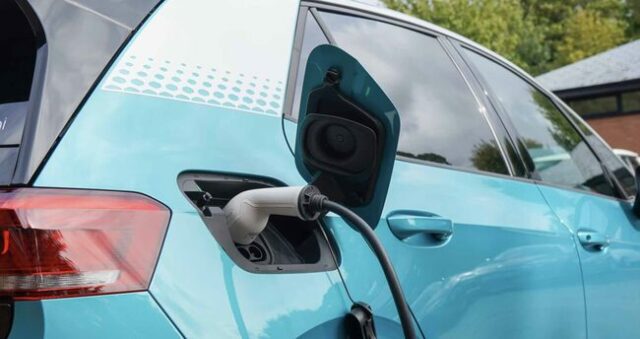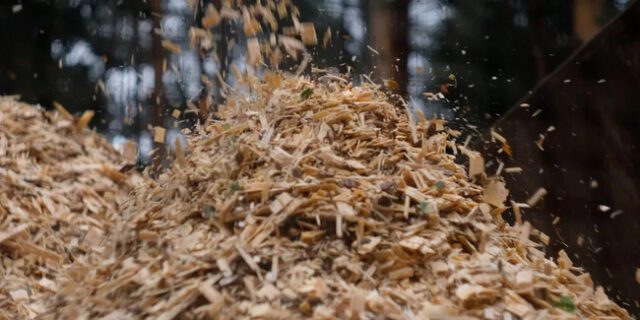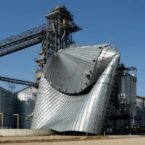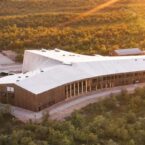
As the global demand for electric vehicles (EVs) and large-scale power grid batteries continues to rise, a New Zealand-based company, CarbonScrape, is pioneering an innovative approach to address the critical shortage of graphite, a crucial element in battery production. By utilizing wood byproducts from the lumber industry, CarbonScrape has developed a groundbreaking process called thermo-catalytic graphitisation. This method transforms woodchips into biographite, a sustainable alternative to traditional synthetic graphite derived from fossil fuel-based feedstocks such as coal tar pitch and petroleum coke.
CarbonScrape’s claim that just 5% of the wood byproducts from the lumber industry could meet half of the global projected graphite demand for EV and power grid batteries by 2030 is a promising prospect.

Furthermore, the environmental impact of this process extends beyond addressing the mineral supply chain issue. By preventing the burning or decomposition of wood waste, CarbonScrape’s method reportedly removes 2.7 tonnes of CO2 and equivalents for every tonne of biographite produced. The company has secured substantial funding, including $18 million from Stora Enso, a Finnish-Swedish forestry giant, and Amperex Technology Ltd., a Hong Kong-based battery producer. This funding will facilitate the establishment of commercial biographite plants in the United States and Europe, contributing to the development of a more sustainable and circular economy in the realm of natural resource extraction.

















